Yūko Mochizuki
Nacimiento : 1917-01-28, Yokohama, Kanagawa Prefecture, Japan
Muerte : 1977-12-01

Ume
En la época de decadencia del shogunato de los Tokugawa, el emperador enviaba tropas a los pueblos para liberar a los siervos del Shogun. Gonzo, un soldado que formaba parte de esas tropas, tras llegar a las cercanías de su pueblo, decide adelantarse y hacerse pasar por el capitán para difundir un mensaje. Pero en el pueblo tendrá que lidiar con los comerciantes corruptos y el actual administrador jefe
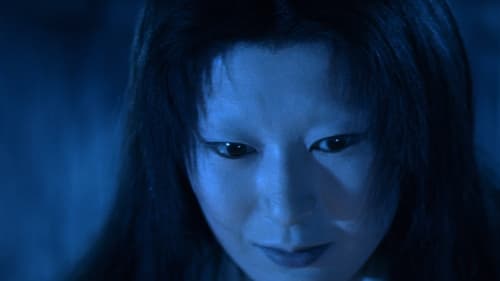
Minokichi's mother (segment "Yuki-Onna")
Filme basado en cuatro historias del escritor Lafcadio Hearn. "Pelo negro": un samurái no soporta a su mujer y la abandona por una princesa. Años después vuelve a casa para realizar un terrible descubrimiento. "La mujer en la nieve": dos leñadores se refugian de una tormenta de nieve en lo que parece ser un cobertizo abandonado. "Hoichi": el fantasma de un samurái le pide a un músico ciego que toque una balada en la tumba de su señor. "En la taza de té": un samurái se asusta ante la visión de un hombre reflejado en su taza de té.

Fumi Ozaki
The last film produced by Shintoho.
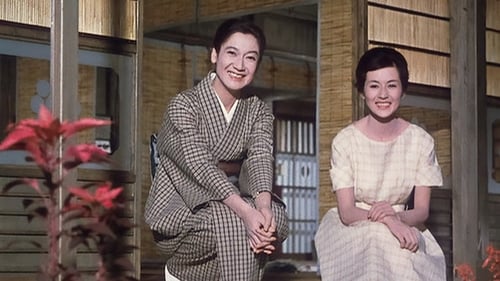
Farmer's wife
La familia Kohayagawa se prepara para casar a la joven Noriko, la hija pequeña, mientras que su hermana Akiko, viuda y con dos hijos, recibe una propuesta de matrimonio de un hombre con una buena posición económica. El viejo patriarca Banpei se comporta, sin embargo, de forma curiosa: decide ir a visitar a su antigua amante, Tsune, actitud que su hija Fumiko le reprocha. El viudo Banpei sufre un repentino ataque pero recobra la salud y su hija renuncia a juzgarle.

Wife Oyuki
Home drama about tin craftsmen and their families in downtown Tokyo. Though poor, they do not lose their cheerfulness or give in to oppression.
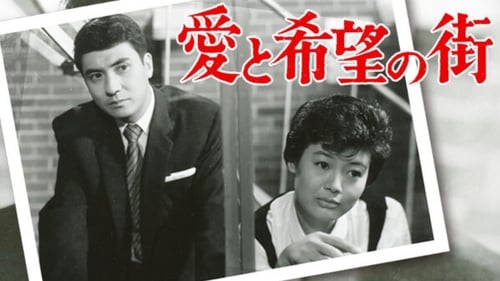
Kuniko
El título original de este film era "El chico que vendía palomas", pero los productores lo cambiaron por "Calle de amor y esperanza", contra los deseos del director. Un joven llamado Masao, huérfano de padre, vive con su madre enferma y su pequeña hermana. Para mantener a su familia, Masao trabaja como limpiabotas y como vendedor de palomas. Como son palomas mensajeras, vuelven con él una y otra vez de modo que puede revenderlas.

A lifetime story of a woman who stubbornly lives in a poor mountain village in post-war Japan.
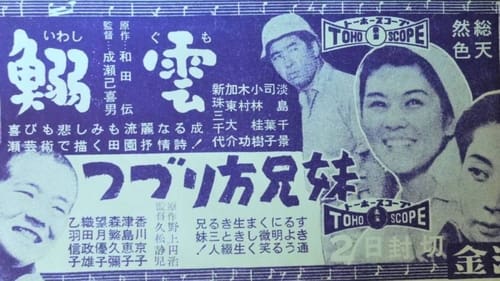
Mother
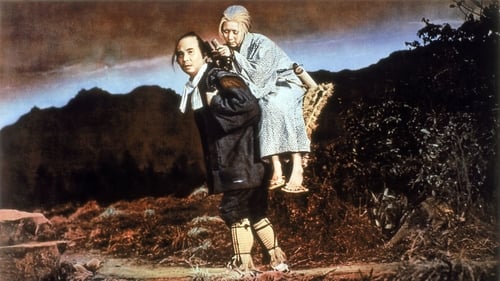
Tamayan
Esta es la historia de un remoto lugar situado al pie de una imponente montaña, cuyos habitante de manera inexplicable no consiguen superar los 70 años de vida. Granny, a punto de cumplir esa edad, espera contenta que llegue el momento de su muerte. Sólo su hijo Tatsuehi luchará para que pueda superar ese cumpleaños con vida. En 1983, Shohei Imamura dirigió un remake en color, que ganó entre otros premios la Palma de Oro en el festival de Cannes.

The proprietress of a long-established sushi restaurant in Asakusa is a war widow who has raised three children. A film that lightheartedly depicts a generational battle between a mother who is anxious about the issue of an heir and her modern children.

A touching story depicting the harsh lives of farmers in Kasumigaura. An attempt to start a fishery business to revive an ailing farming community creates friction amongst the proud residents.

The obstinate black market trader Okyo lives together with her son Seitaro, who works as a mechanic for a bus company. She also looks after her son's colleague, the bus driver Fujita. When he causes an accident one day, Seitaro testifies against him due to his moral scruples, thus getting his company into trouble.
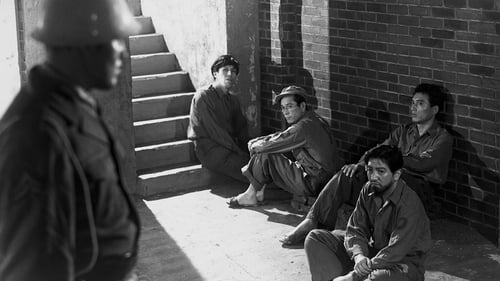
A group of rank-and-file Japanese soldiers are jailed for crimes against humanity, themselves victims of a nation refusing to bear its burdens as a whole.
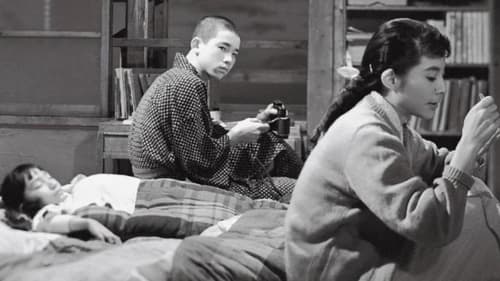
Yôichi's mother, Oshin
A coming-of-age story portrayed as the loss of all youthful illusions. Sixteen-year-old Yoichi dreams of becoming a sailor. His parents are fishmongers, and Yoichi lives together with them and his four siblings in cramped living conditions. His beloved younger sister is given to a wealthy, childless uncle; his best friend moves away; the girl he fell in love with from afar is with someone else: little by little, Yoichi loses all the people that are important to him.

Ohama
Based on the novel by Kojin Shimomura. Story of a young boy and his adventures in the country. His idyllic life is shattered by the illness and death of his mother.

Shizuka, Eiichiro, and Mineko, their father and son, live modestly in a certain suburb, leading a dreary but happy life. Eiichiro is troubled by Shizuka's desire to live together in familiar Tokyo. Mineko is the exact opposite of Eiichiro. A literary masterpiece depicting the fateful sorrow and humor of a mother and child
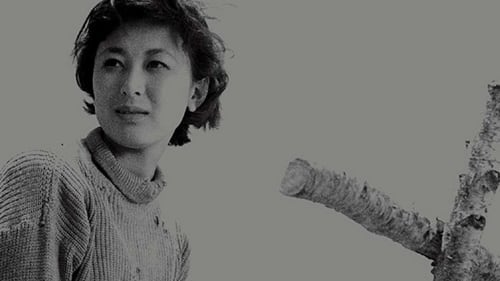
Mother Fumi
In a mountain village, Heita, a translator's son, is a gifted boy but is shunned by the villagers. He can imitate birds' cry and befriends another boy who works in a brewery. Heita also finds solace in the village pastor Yasugi and his teacher Michiko, but they too have problems of their own.
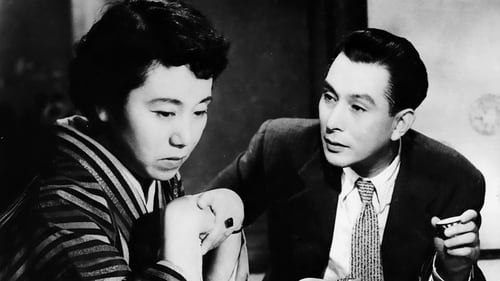
Tomi
¿Cómo es la vida de una Geisha una vez su belleza se ha desvanecido y se ha retirado? Kin ha ahorrado dinero y se ha convertido en una rica prestamista, pasando sus días cobrando deudas. Incluso sus mejores amigas, Tomi, Nobu y Tamae, que eran sus compañeras Geishas, están ahora en deuda con ella. Para todas ellas, el glamour de sus jóvenes vidas ha pasado; Tomi y Tamae tienen hijos, pero sus hijos las han decepcionado. Kin tiene dos antiguos amantes que aún la persiguen; a uno lo quiere ver, y al otro no. Pero incluso el que recuerda con cariño, cuando aparece, resulta ser una decepción.

Machiko and Haruki’s drama continues. Machiko is not allowed to see Haruki. They finally meet again, but Haruki departs to Europe.

Machiko and Haruki’s drama continues. Two meet again in Hokkaido only to be separated again.

Machiko Ujiie and Haruki Atomiya first meet and fall in love on Ginza’s Sukiyabashi Bridge during the Great Tokyo Air Raid in March 1945. Machiko and Haruki pledge to meet again at the bridge in six months but part without asking each other’s names.
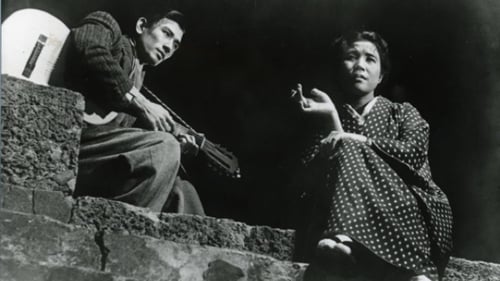
Haruko Inoue
At the close of the war in Japan, a widowed mother makes every possible sacrifice to bring up her ungrateful son and daughter who are unimpressed with their poor standard of living at home. They gradually reject her in search of the material comforts that working as a maid cannot provide. The mother's despair becomes interminable.

Follows six male friends from elementary school whose career paths diverge—newspaper reporter, engineer, boxer, sushi restaurant owner—but whose romantic lives intersect. (MoMA)

An intellectual couple in a staid and tedious marriage are surprised when the wife’s niece, who has run away from home, turns up unexpectedly to stay with them. Their mundane lives are sent into disarray by the emotional and energetic Ako.

Carmen falls in love with an artist in this sequel to Carmen Comes Home. The film is noted for being entirely shot with canted (Dutch) camera angles.
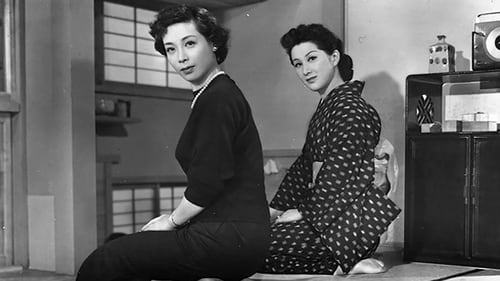
Shige
Takeo, una mujer caprichosa de la alta sociedad de Tokio, se aburre con su marido, un hombre tranquilo, que se ha educado en el campo, aunque ahora es ejecutivo de una empresa.

Kotora
The picture belongs to the jidai gekki (historic) genre. It is a powerful story of violence and eroticism, picturing a world at once sordid and poetic, with two central themes which intermingle to compound an admirable panel of a critical period in Japanese history: the great famine in the mid 19th Century.

A section chief at the Bureau of Construction is in a shady relationship with a construction company. Then a new, young and honest subordinate is assigned to work under the section chief. Once he learns about the shady relationship, however, the new subordinate skillfully conceals the corruption and joins the corrupt, shady relationship.

Having completed the first year at his new medical practice, a doctor plans to relax on his day off. However, it is not to be: on this hectic day a man just back from the war front visits the doctor with a medical emergency, followed by a woman who claims to have been molested. Then a yakuza arrives to ask the doctor to cut his finger off...

A Japanese adaptation of Guy de Maupassant's short story Boule de Suif, directed by Kimura Keigo
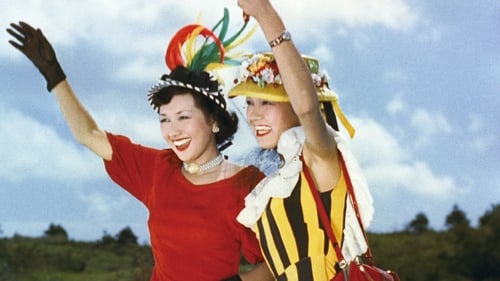
Yuki Aoyama
Una chica que había dejado su ciudad natal por la emocionante aventura de la gran ciudad regresa a casa años más tarde para una visita, lo que pronto de alguna manera causará escándalo.

It was the first time in six years that I was able to step on the land of my homeland, the land of my nostalgia. It was Tokyo that had turned to burnt earth. A Tokyo with no one to rely on.

Director
FIlm directed by famous actress Mochizuki Yuko as part of the protest movement that was going on against the closure of several coal mines in Kyushu, in this case Chikubo coal mine.


























